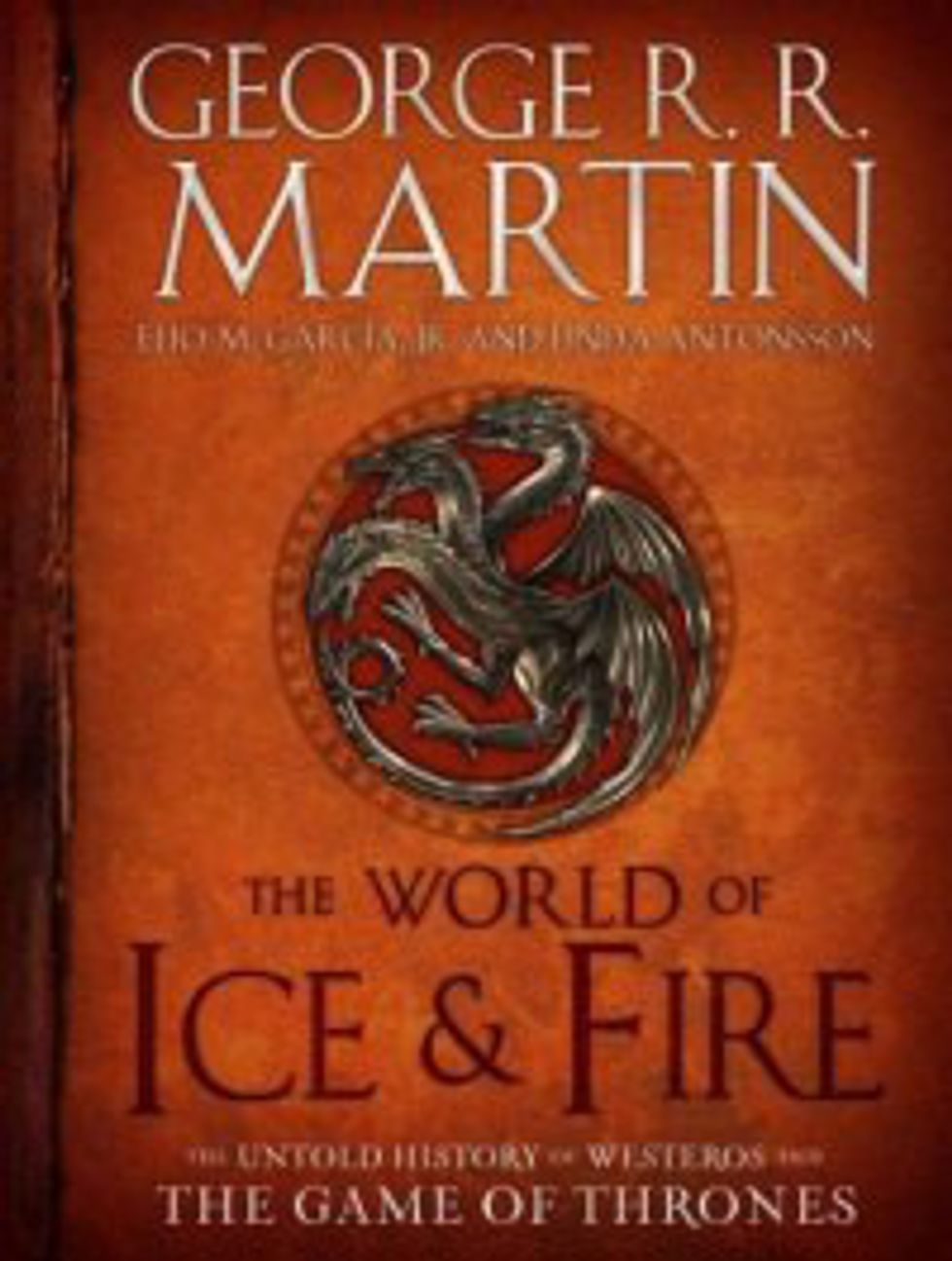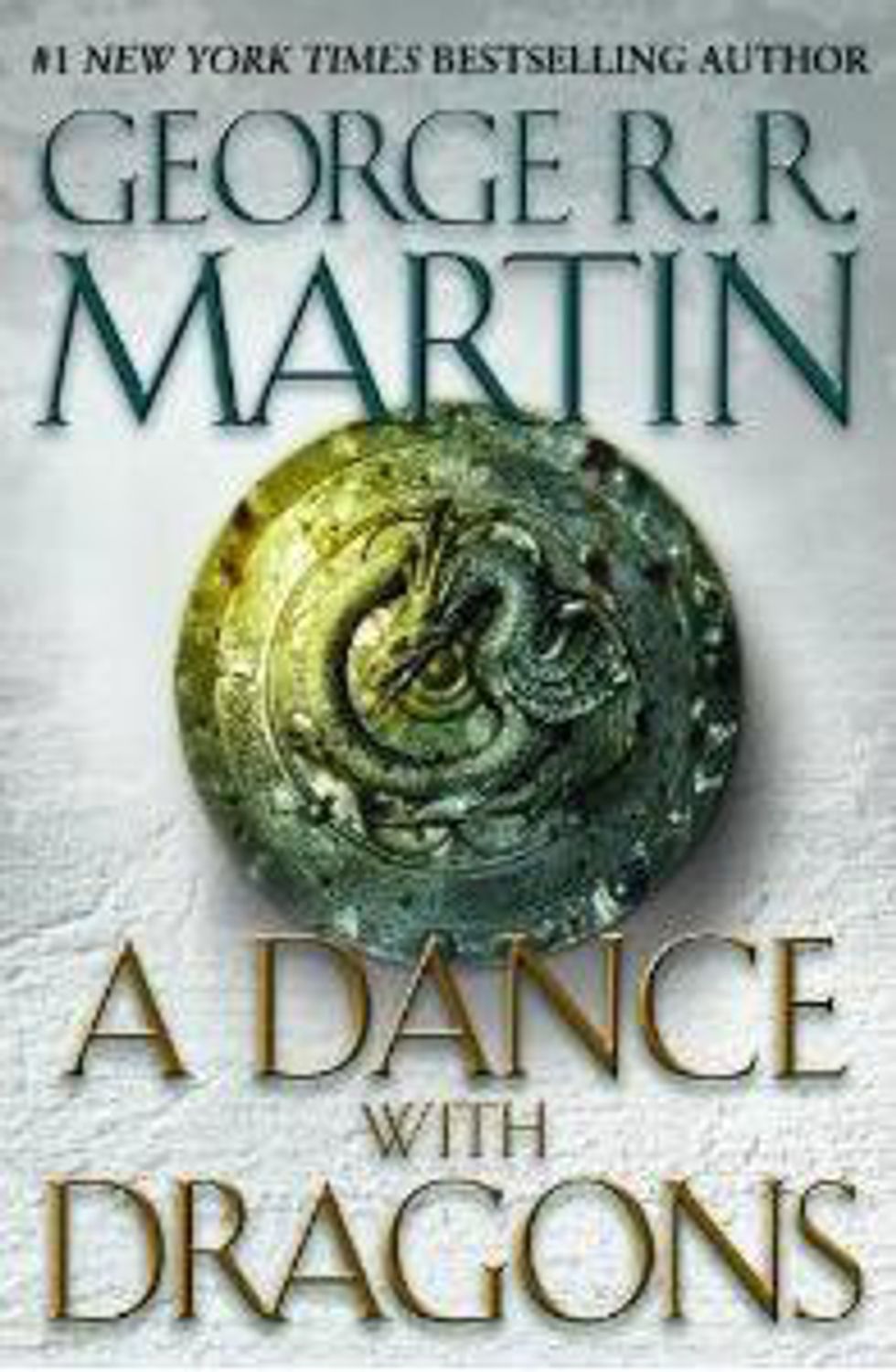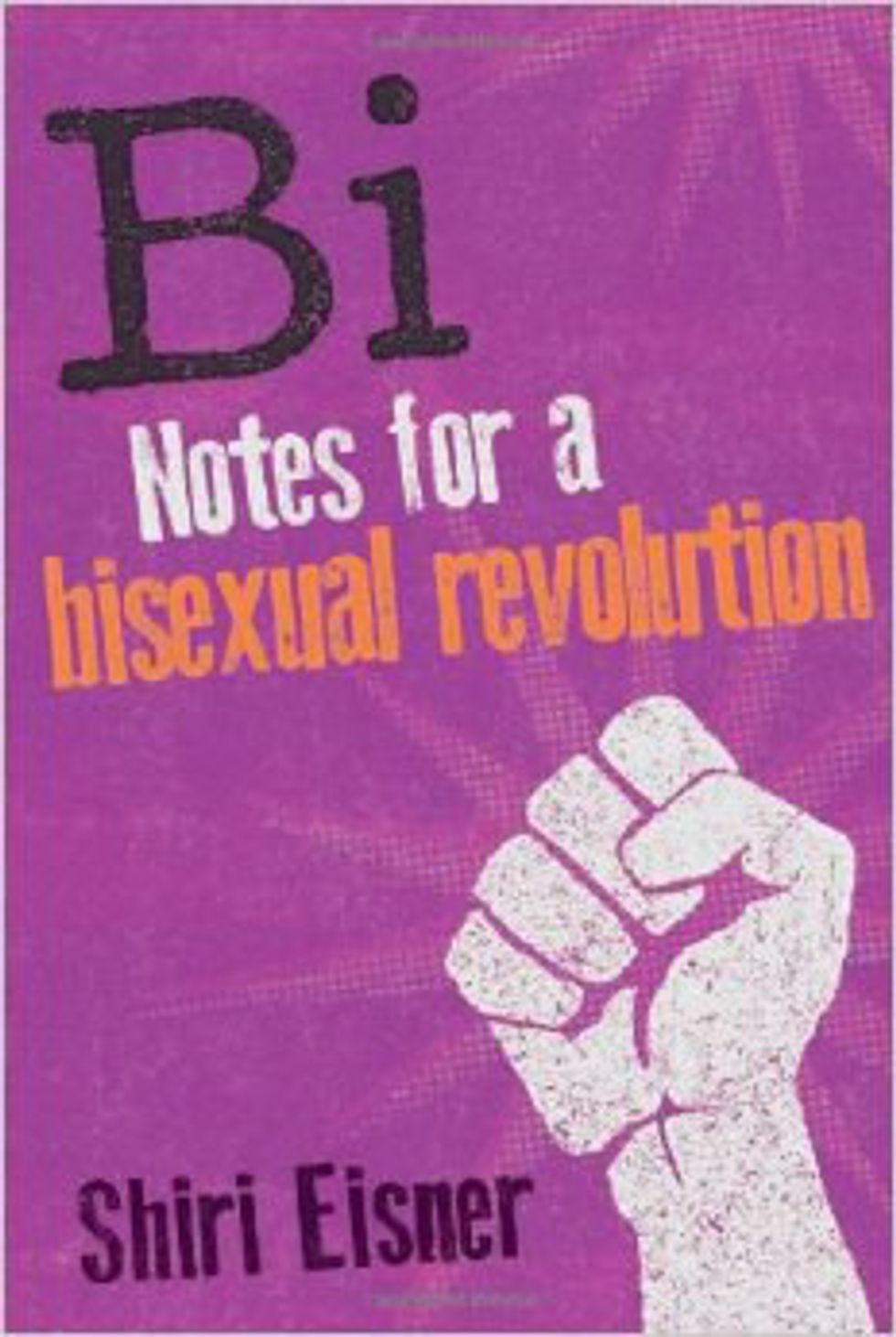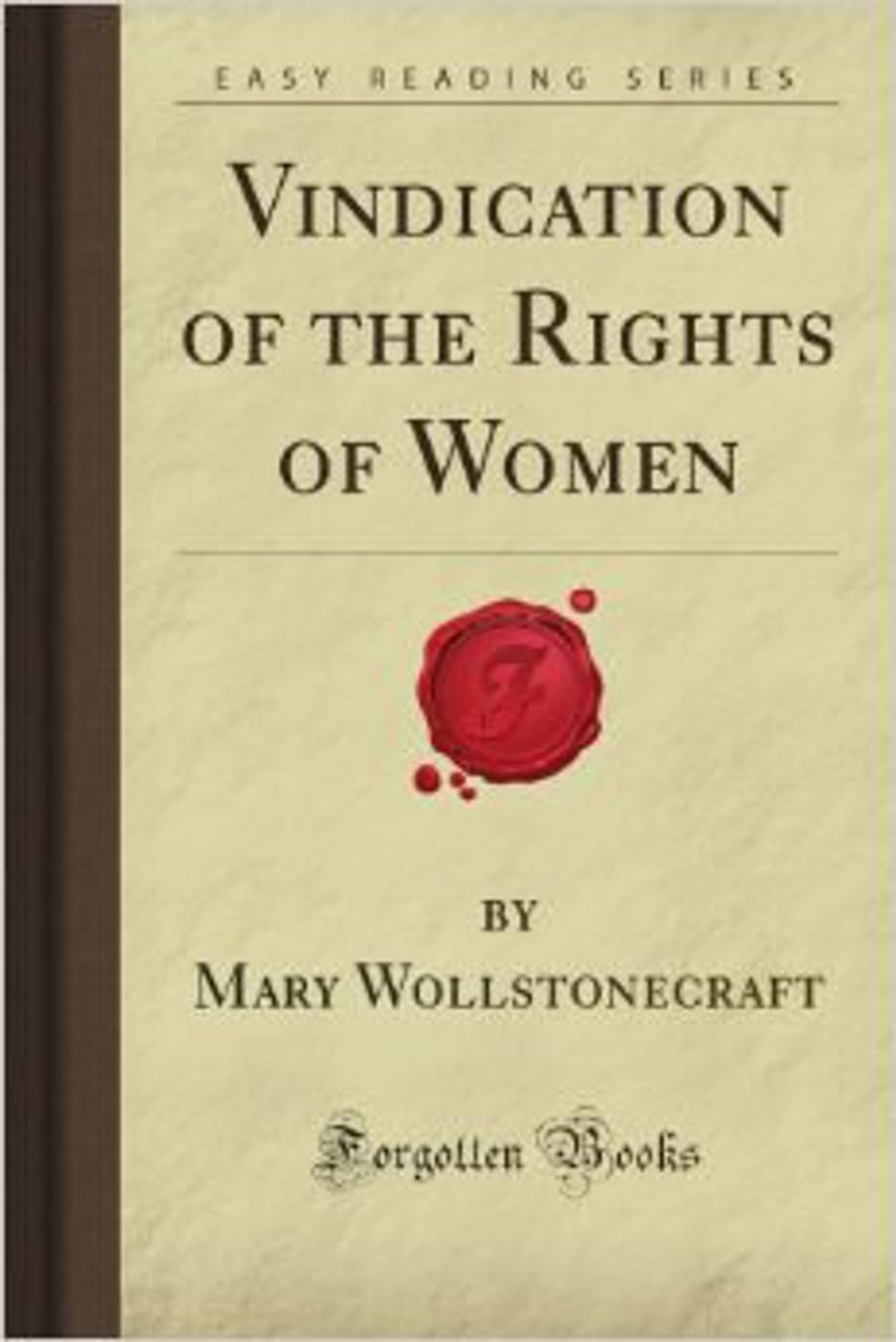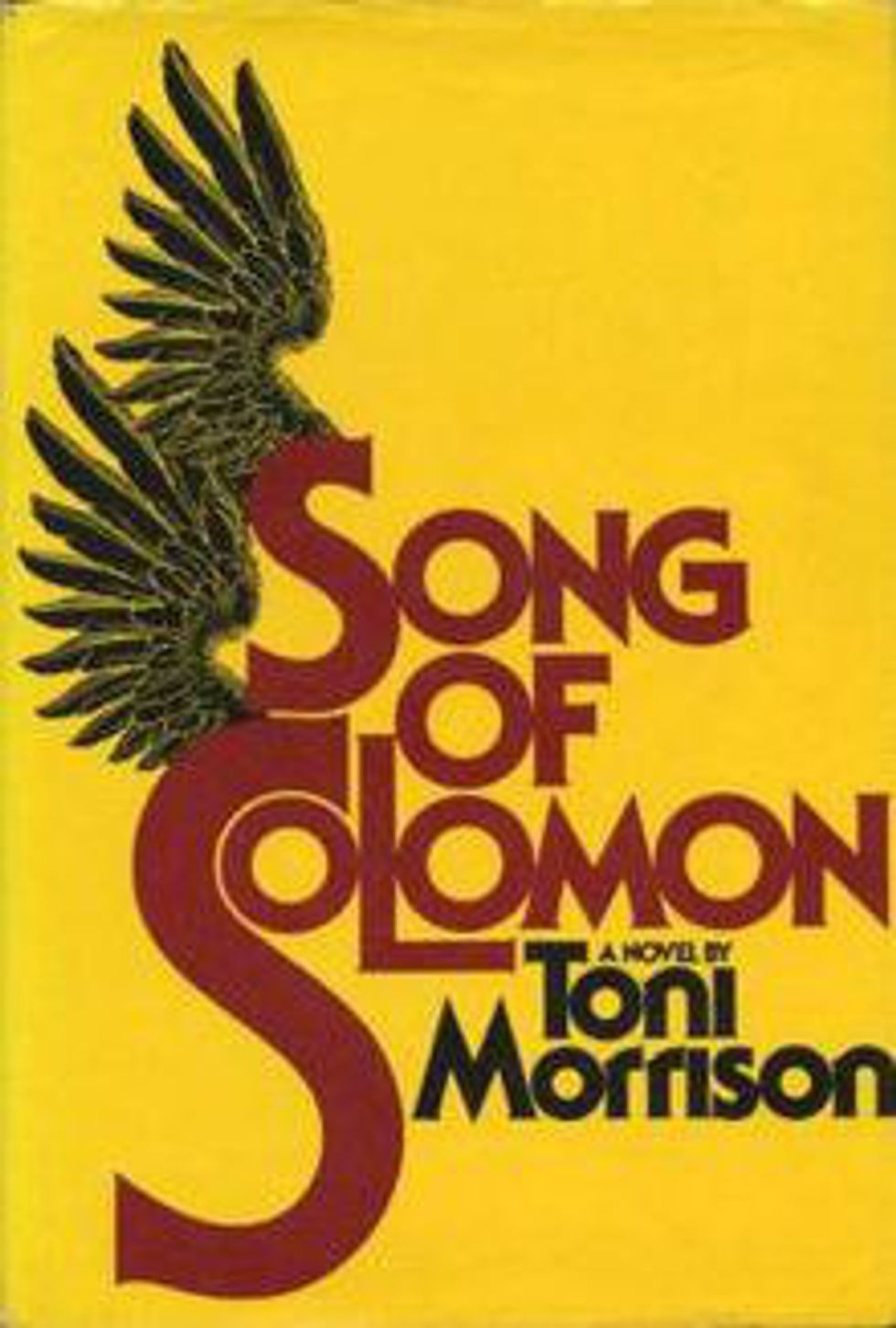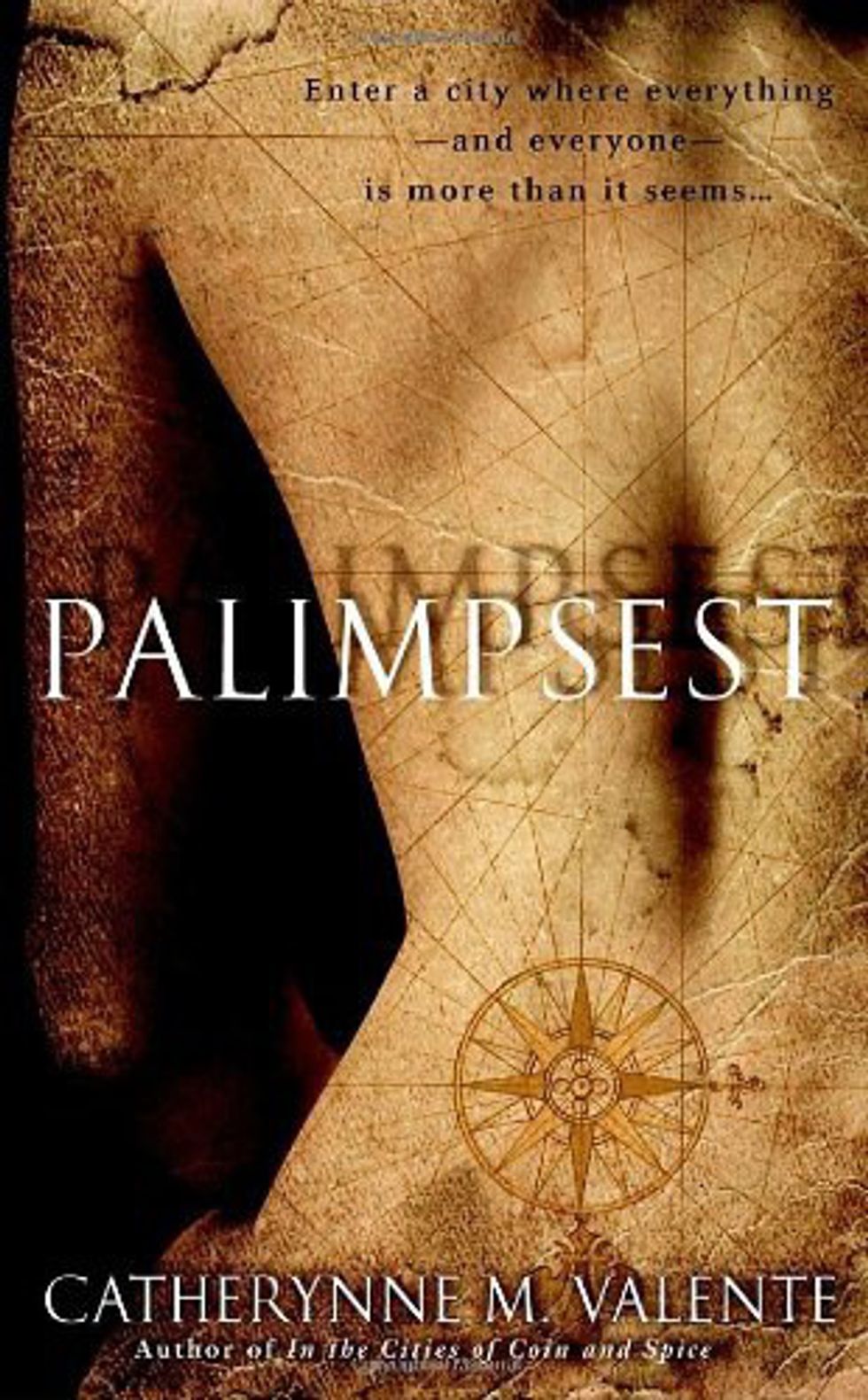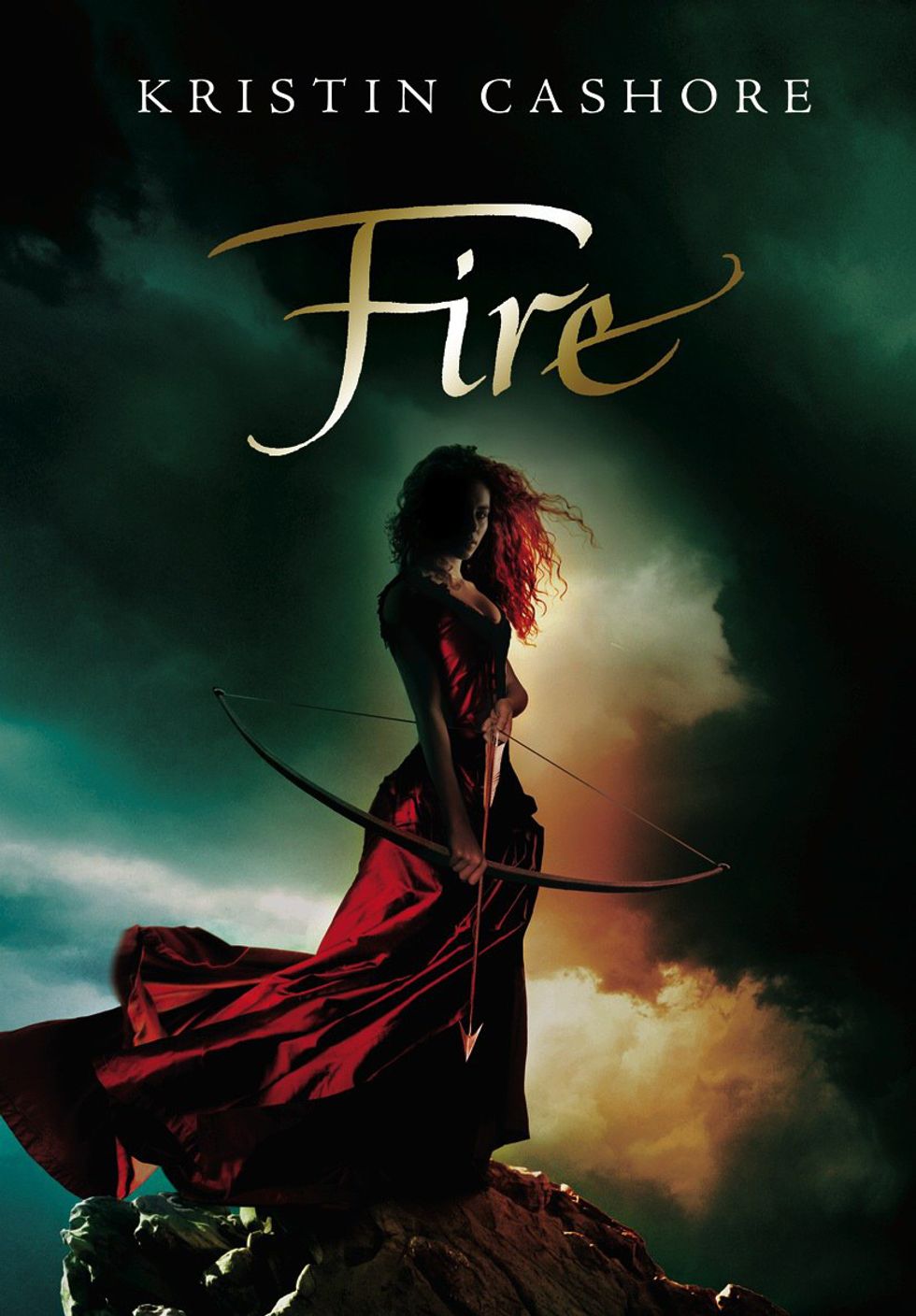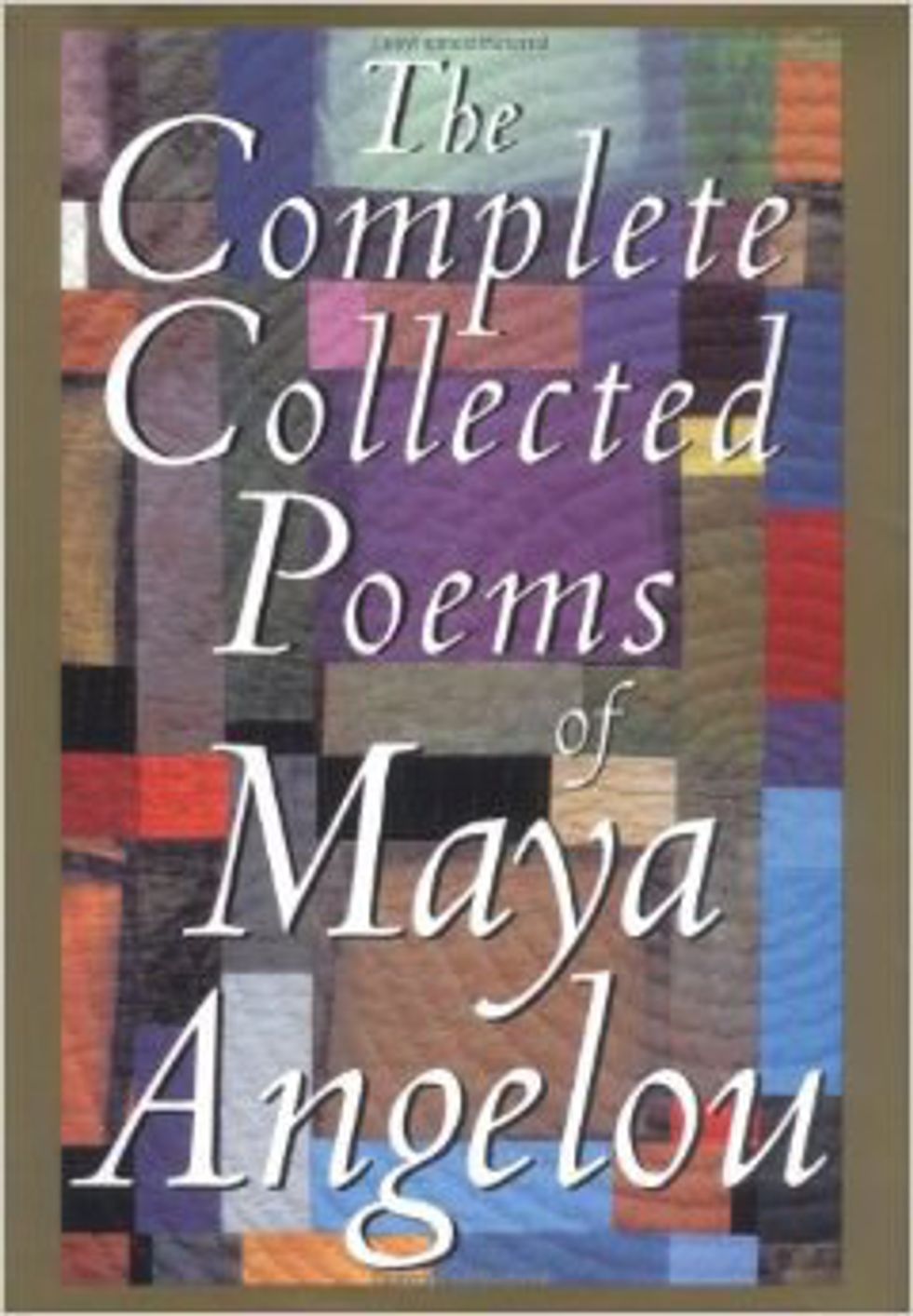I love books. In elementary school, I owned so many of them that, once my bookworm friends and I ran out of books at the library I began to run a library out of my bedroom. Now, over a decade later, I still own a lot of books. Last year, I brought around twenty books (not including textbooks) to college with me; that number quickly grew, however, after I discovered that my local book store has a $1 Classics section.
This year, I knew that I would have to limit myself, book wise. I brought 10 books this time (I tried, okay?). I love all of them dearly, and many of them I have read again and again multiple times. So, without further ado, here are the 10 books I brought to college with me.
1. "The World of Ice and Fire" by George RR Martin, assisted by Elio Garcia and Linda Antonsson
 I love "Game of Thrones." I love high fantasy, and rich universes give me the kind of life I need to survive the stress of school and work sometimes. As of late, I have become more interested in analyses of the world this series takes place in. Analysts such as poorquentyn, goodqueenaly and warsofasoiaf have become favorites of mine. But, as someone who loves analyzing lots of data, I wanted to be able to do some work on my own. That's where this book comes in. It's rich, and interesting, and while all the information is canon (it was written by the author of the book series and the founders of renowned fan site westeros.org) , the book is written from the perspective of a person in the "Game of Thrones" universe that has an anti-magical bias in a world where magic is very real: they've got dragons, y'all. That, and the book is full of original artwork, so it's not only engaging from a knowledge perspective but from an aesthetic perspective as well.
I love "Game of Thrones." I love high fantasy, and rich universes give me the kind of life I need to survive the stress of school and work sometimes. As of late, I have become more interested in analyses of the world this series takes place in. Analysts such as poorquentyn, goodqueenaly and warsofasoiaf have become favorites of mine. But, as someone who loves analyzing lots of data, I wanted to be able to do some work on my own. That's where this book comes in. It's rich, and interesting, and while all the information is canon (it was written by the author of the book series and the founders of renowned fan site westeros.org) , the book is written from the perspective of a person in the "Game of Thrones" universe that has an anti-magical bias in a world where magic is very real: they've got dragons, y'all. That, and the book is full of original artwork, so it's not only engaging from a knowledge perspective but from an aesthetic perspective as well.
2. "A Dance With Dragons" by George RR Martin
 This is the most recent book in the book series, "A Song of Ice and Fire," which is commonly known as "Game of Thrones." The book came out five years ago, and I brought the book with me in case the next book, "The Winds of Winter," ever gets a release date. It probably won't. But I'm still hopeful.
This is the most recent book in the book series, "A Song of Ice and Fire," which is commonly known as "Game of Thrones." The book came out five years ago, and I brought the book with me in case the next book, "The Winds of Winter," ever gets a release date. It probably won't. But I'm still hopeful.
3. "Bi: Notes For The Bisexual Revolution" by Shiri Eisner
 This is a book that has changed my life. As a bisexual individual, I have found it very difficult to find resources specifically targeted towards my identity, as bisexual people face a lot of different and frustrating issues that gay and lesbian people do not have to face. Reading how someone who is a member of my community thinks we should address that is so key. For other bi folk out there, other queer people, people curious about bisexuality and radical activism: this is a must read.
This is a book that has changed my life. As a bisexual individual, I have found it very difficult to find resources specifically targeted towards my identity, as bisexual people face a lot of different and frustrating issues that gay and lesbian people do not have to face. Reading how someone who is a member of my community thinks we should address that is so key. For other bi folk out there, other queer people, people curious about bisexuality and radical activism: this is a must read.
4. "Vindication Of The Rights Of Woman" by Mary Wollstonecraft
 Mary Wollstonecraft was about as controversial as one could get in her day. Feminism wasn't a named movement at the time (this book was written in 1792), but Wollstonecraft made it clear in her book that women must be educated as men are for the world to succeed. The book may be over two centuries old, but these are still issues our culture grapples with every day. Sexism remains an issue in schools, for both female and nonbinary students and teachers. That sexism takes a toll on students' capacity to learn and a teacher's capacity to teach, and until that ends Wollstonecraft remains relevant.
Mary Wollstonecraft was about as controversial as one could get in her day. Feminism wasn't a named movement at the time (this book was written in 1792), but Wollstonecraft made it clear in her book that women must be educated as men are for the world to succeed. The book may be over two centuries old, but these are still issues our culture grapples with every day. Sexism remains an issue in schools, for both female and nonbinary students and teachers. That sexism takes a toll on students' capacity to learn and a teacher's capacity to teach, and until that ends Wollstonecraft remains relevant.
5. "The Plague" by Albert Camus
 Set in 1940's Algeria in a town wrecked over by the Bubonic Plague, this book became a favorite after reading it in English class my junior year of high school. Many of my peers loathed it, saying the book was too depressing or too boring. But I loved it; where they saw depressing I saw a sweeping allegory for reality, and where they saw boring I saw commentary on society cast in breathtaking prose. The absurdity of the situation Camus describes in his book is pure insanity, and that insanity has helped to inform a great deal of my worldview.
Set in 1940's Algeria in a town wrecked over by the Bubonic Plague, this book became a favorite after reading it in English class my junior year of high school. Many of my peers loathed it, saying the book was too depressing or too boring. But I loved it; where they saw depressing I saw a sweeping allegory for reality, and where they saw boring I saw commentary on society cast in breathtaking prose. The absurdity of the situation Camus describes in his book is pure insanity, and that insanity has helped to inform a great deal of my worldview.
6. "A Tale for the Time Being" by Ruth Ozeki
 This book was suggested to me in an internet forum about three years ago. The book is two interwoven stories: Nao, a 16-year-old girl living in Tokyo in the early 2000s; and Ruth, a writer living on an island outside of Vancouver sometime after the Fukushima tsunami and nuclear disaster back in 2011. Nao is depressed, and ready to take her own life, but before she does she buys a diary to write down the life story of her great-grandmother and dear friend Jiko, a Zen Buddhist Nun who is a bisexual feminist anarchist. Ruth finds a Hello Kitty lunchbox on the beach one day that contains Nao's diary. The book is a wonderful twisting of cultures, and a beautiful way of looking at depression. This book captures my own experience with depression in a way few other books really have for me.
This book was suggested to me in an internet forum about three years ago. The book is two interwoven stories: Nao, a 16-year-old girl living in Tokyo in the early 2000s; and Ruth, a writer living on an island outside of Vancouver sometime after the Fukushima tsunami and nuclear disaster back in 2011. Nao is depressed, and ready to take her own life, but before she does she buys a diary to write down the life story of her great-grandmother and dear friend Jiko, a Zen Buddhist Nun who is a bisexual feminist anarchist. Ruth finds a Hello Kitty lunchbox on the beach one day that contains Nao's diary. The book is a wonderful twisting of cultures, and a beautiful way of looking at depression. This book captures my own experience with depression in a way few other books really have for me.
7. "Song Of Solomon" by Toni Morrison
 Like "The Plague," I am in love with this book's use of prose. Besides that, though, these books are very different creatures in and of themselves. "Song of Solomon" is not a book about the inevitability of life but a book about discovering life. Milkman Dead, the protagonist, is trying to figure out who he is and what he is supposed to be when he hears rumors of gold hidden on an old family farm in Pennsylvania. What draws me to the book, however, are its women: Pilate, Milkman's aunt, and Hagar, her granddaughter. As someone who often wonders about the origins of my own family, this book is very important.
Like "The Plague," I am in love with this book's use of prose. Besides that, though, these books are very different creatures in and of themselves. "Song of Solomon" is not a book about the inevitability of life but a book about discovering life. Milkman Dead, the protagonist, is trying to figure out who he is and what he is supposed to be when he hears rumors of gold hidden on an old family farm in Pennsylvania. What draws me to the book, however, are its women: Pilate, Milkman's aunt, and Hagar, her granddaughter. As someone who often wonders about the origins of my own family, this book is very important.
8. "Palimpsest" by Catherynne Valente
 In Spring Semester last year, I had the honor of participating in a writing workshop hosted by writer Sofia Samatar. At the end, she gave us all book suggestions based upon our writing. "Palimpsest" was what she gave me. The book is about four individuals who all gain the ability to go to another land called Palimpsest. They gain the ability by obtaining a mark that can appear anywhere on their bodies. But here's the catch: the mark is transmitted via sex with someone with the mark, and one can only go back to Palimpsest by having sex with someone else who has the mark. The mark turns out to be a piece of a map of Palimpsest, a place where those one sleeps with end up. The prose is dark and beautiful, and the amount of representation fills me with elation. Two of the protagonists are Women of Color, one is an immigrant, three are bisexual, and all of them bring in some amount of trauma they are coping with. It's a beautiful story, and these four interconnected people are all fleshed out in a way that is truly beautiful.
In Spring Semester last year, I had the honor of participating in a writing workshop hosted by writer Sofia Samatar. At the end, she gave us all book suggestions based upon our writing. "Palimpsest" was what she gave me. The book is about four individuals who all gain the ability to go to another land called Palimpsest. They gain the ability by obtaining a mark that can appear anywhere on their bodies. But here's the catch: the mark is transmitted via sex with someone with the mark, and one can only go back to Palimpsest by having sex with someone else who has the mark. The mark turns out to be a piece of a map of Palimpsest, a place where those one sleeps with end up. The prose is dark and beautiful, and the amount of representation fills me with elation. Two of the protagonists are Women of Color, one is an immigrant, three are bisexual, and all of them bring in some amount of trauma they are coping with. It's a beautiful story, and these four interconnected people are all fleshed out in a way that is truly beautiful.
9. "Fire" by Kristen Cashore
 I will continue to say that "Fire" is the most important book I have ever read. It's the most well written, or even the most fleshed out. But "Fire" allowed me to name my experiences in a way no book or even a person ever had before. It's the story of a girl named Fire, and she is the last human Monster. Monsters in this realm are like normal humans or other animals, only they are brightly colored and so beautiful that the stronger ones can control others with their minds. With Fire this is especially the case, as a young woman in a world where young women are already highly sexualized without being incredibly beautiful. Her hair is a cascade of reds and oranges and yellows, hence her name. Her father, Cansrel, was a tyrant who destroyed the Dells, the kingdom she calls home, and now that he's dead the realm is in the process of picking up its pieces. The book shows how difficult it can be when those you are close to do awful things, and how even when you do the right thing, there can still be dire consequences. And did I mention that nearly everyone in the book is a person of color?
I will continue to say that "Fire" is the most important book I have ever read. It's the most well written, or even the most fleshed out. But "Fire" allowed me to name my experiences in a way no book or even a person ever had before. It's the story of a girl named Fire, and she is the last human Monster. Monsters in this realm are like normal humans or other animals, only they are brightly colored and so beautiful that the stronger ones can control others with their minds. With Fire this is especially the case, as a young woman in a world where young women are already highly sexualized without being incredibly beautiful. Her hair is a cascade of reds and oranges and yellows, hence her name. Her father, Cansrel, was a tyrant who destroyed the Dells, the kingdom she calls home, and now that he's dead the realm is in the process of picking up its pieces. The book shows how difficult it can be when those you are close to do awful things, and how even when you do the right thing, there can still be dire consequences. And did I mention that nearly everyone in the book is a person of color?
10. "The Complete Collected Poems of Maya Angelou"
 I love Maya Angelou so much that I have words from her poem "Caged Bird" tattooed onto my ribs. I love her spirit, I love her writing, and I love the way she wrote down her story and her traumas through her poetry. She knew all about the difficulties of being a black woman in the US, and she wrote about them, as well as about her sexuality, in a candid way that few writers ever really do. She remains the only celebrity whose death has brought me to tears. "Caged Bird," the poem I have tattooed, was one of the first things I read after I was finally freed from a very bad situation when I was 13. The poem, along with her other works, have stuck with me ever since.
I love Maya Angelou so much that I have words from her poem "Caged Bird" tattooed onto my ribs. I love her spirit, I love her writing, and I love the way she wrote down her story and her traumas through her poetry. She knew all about the difficulties of being a black woman in the US, and she wrote about them, as well as about her sexuality, in a candid way that few writers ever really do. She remains the only celebrity whose death has brought me to tears. "Caged Bird," the poem I have tattooed, was one of the first things I read after I was finally freed from a very bad situation when I was 13. The poem, along with her other works, have stuck with me ever since.
(What books did you bring to college? Let me know in comments!)
